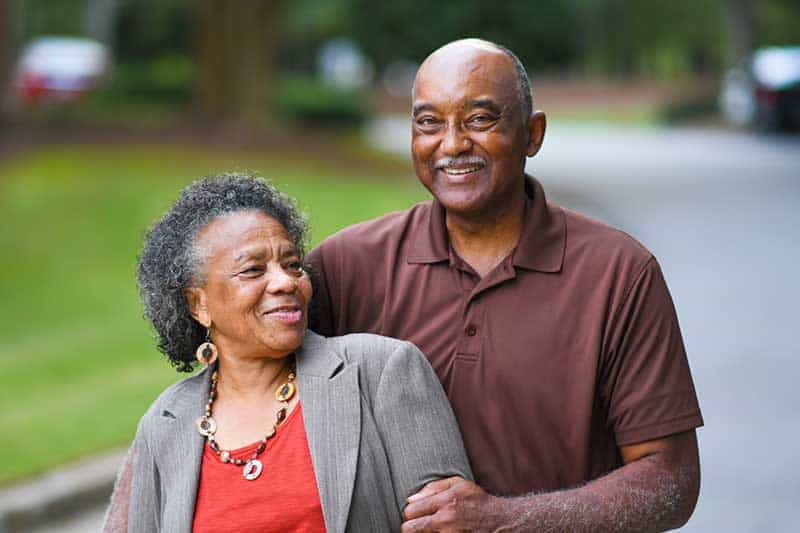Financial Assistance for Low-Income Seniors: What You Need to Know
According to the Population Reference Bureau, the number of Americans aged 65 and older was over 50 million in 2018. By 2060, this number is expected to reach over 90 million. Of that population, a significant portion will only have income of up to twice the income the US government designates as poverty level. These people will often qualify as low-income.
If you’re in this demographic, then you might be interested in learning more about financial assistance for low-income seniors.

Aging is a time of transition. Once you’re retired and no longer able to work, or if your circumstances otherwise change, you might find that the financial adjustment into your senior years is not without problems or worries.
Being in this financial situation is stressful. It’s even more stressful when you think about unexpected costs such as health care.
That’s why we’ve put together this article. In it, you’ll learn about some great options and helpful information regarding financial assistance for low-income seniors.
With some research and patience, you may be able to get the senior financial assistance you need. Read on to learn more.
Health-Related Financial Assistance for Low-Income Seniors
The first type of financial assistance for seniors we’ll cover is medical help. There are two types that are available through the federal and state governments. There’s Medicare, available to most seniors, and Medicaid, which is more based on income.
Medicare
Medicare, a health insurance program, is a subsidized program made of three parts. The first is Part A, which covers hospital insurance. It’s free if you’re older than 65 and you’ve paid your Medicare taxes for the last 10 years at least.
Then there’s Part B. This part covers your medical insurance and will usually cost you around $143 monthly.
Finally, there’s Part D. This part partially covers the costs of your prescription drugs.
(Note that there’s also Part C available, which covers Parts A and B together.)
Medicaid
Medicaid is a type of government assistance for seniors that makes it possible for elderly people with fewer resources to get assistance with qualifying medical costs. This is because Medicaid is a health care plan that’s affordable, paid for by the federal and your state government.
With Medicaid, you get coverage for the costs of:
- Prescription drugs
- Medical transportation
- Hospital services
- Healthcare provider visits
To qualify for this type of elder financial assistance, you need to be a resident in the state through which you’re receiving Medicaid. Many people who didn’t qualify before the pandemic do qualify now, so be sure to check your state’s Medicaid website for more information.
Nutrition and Food Aid for Low-Income Seniors
When it comes to financial benefits of seniors, there are many options related to nutrition and food aid. These include the Senior Farmers’ Market Nutrition Program, the Supplemental Nutrition Assistance Program (SNAP), and Meals on Wheels, among others.
Senior Farmers’ Market Nutrition Program
The Senior Farmers’ Market Nutrition Program, also known as the SFMNP, is backed by the US Department of Agriculture. Through this program, you can get locally grown, unprepared, nutritious, and fresh herbs, honey, vegetables, and fruits from farmers’ markets.
You can also get these types of products from community agricultural programs and roadside stands.
The Supplemental Nutritional Assistance Program
There’s also the Supplemental Nutritional Assistance Program, which used to be called the Food Stamp Program and is also referred to as SNAP. Through SNAP, you’ll receive monthly stipends you can use to buy nutritious foods.
Meals on Wheels
Finally, there’s the nonprofit organization Meals on Wheels. Through this program, people will come to your home and provide you with a nutritious meal. They’ll also provide you with a safety check and a friendly visit.
Financial Grants for Low-Income Seniors
There are also several financial grants available for low-income seniors. These include the Low Income Home Energy Assistance Program and the USDA Housing Repair Program. These programs offer some peace of mind to low-income seniors who are having trouble covering their home energy costs.
Low Income Energy Assistance Program
If you need help paying for the cooling or heating costs of your home, you may find assistance from the Low Income Energy Assistance Program. Funds can cover the repair or replacement of inefficient heating or cooling systems.
Additionally, they can cover the repair or installation of ducts, floors, and installation.
If you have high recurring energy bills, the program can also directly pay your utility company to make your payments lower.
USDA House Repair Program
Through the USDA House Repair Program, approved applications may have the cost covered for the removal of health or safety hazards in your home, as well as repairs or improvements made to make your home safer. For example, they might cover the cost of installing a wheelchair ramp.
To do this, they’ll provide you with a low-interest rate loan or grant. Grants don’t have to be repaid, while the loans do, over the next 20 years. Be sure you know and understand the difference and what you are agreeing to before signing any documents.
Low-Income Senior Financial Housing Assistance
There are several low-income senior financial housing assistance programs. These include the Section 8 Housing Choice Voucher, HUD Public Housing, the Home Equity Conversion Mortgage, and the Section 202 Supportive Housing for the Elderly.
Section 8 Housing Choice Voucher
If you have a very low income, and you want to rent a place to live that’s sanitary, safe, and decent in the private market, the Section 8 Housing Choice Voucher can help. Once you’ve joined the program, you’re given a voucher.
Then, you’re responsible for finding a place to live that is approved for the program and meets the safety and health standards required.
Once you’ve done this, the owner of the home may agree to rent to you through the program if your application is successful. They’ll receive a housing subsidy, after which you’ll pay the difference.
This means you can get a decent place to live at less than its usual cost.
HUD Public Housing
Another great resource is HUD Public Housing. This is federal aid that goes to housing agencies near you, provided by the public housing program. They’ll manage the housing and make options on the market available to low-income seniors like you.
Home Equity Conversion Mortgage
This type of loan, which can also be called the HECM or the reverse mortgage, makes it possible for you to convert some of the equity of your home into income. Be advised, however, that this type of loan actually decreases the equity in your home and reduces your overall wealth.
This may be a choice to consider if you have low income, but it isn’t low enough to qualify for the HUD Public Housing program.
You can use your loan proceeds to pay for outstanding debts, property taxes, insurance premiums, or medical bills.
When you get an HECM, it’s backed as well as insured by the FHA, or Federal Housing Administration. It’s also classified as a non-recourse loan.
Again, this type of loan will decrease your overall wealth, so be sure you understand exactly what you are getting into before signing up for anything.
Section 202 Supportive Housing for the Elderly
HUD also has a specific program that benefits senior citizens. To make the program work, HUD gives capital advances that are interest-free to nonprofit, private sponsors so that they can finance the construction of housing designed to support the elderly.
In addition to the supportive elements, the housing will have support for:
- Transportation
- Cooking
- Cleaning
If you’re interested in this type of housing assistance, your household income must be very low. Additionally, at least one of the people living in your home has to be 62 years old or older.
Supplemental Security Income for Low-Income Seniors
Another type of financial assistance for low-income seniors is Supplemental Security Income, also known as SSI. This is funded by general tax revenue (as opposed to Social Security Taxes) and helps older people who have a small income or none at all.
You can get cash through this program for basic necessities such as shelter, clothing, and food.
The Senior Legal Hotline
If you find that you need legal assistance but can’t afford to pay for a lawyer, you don’t have to worry. Through the Senior Legal Hotline, you can get legal services. As long as you’re a senior who has limited resources, you’ll be eligible.
Need More Information?
Now you’ve learned some information about financial assistance for low-income seniors. This includes health-related financial assistance like Medicare and Medicaid, nutrition and food aid, and financial grants.
It also includes financial housing assistance, such as HUD Public Housing and the HECM, supplemental security income, and the Senior Legal Hotline. Finally, it includes the Lifeline Benefit Program.
Save Money on Your Wireless Phone Service
Lifeline is a federal benefit program that makes it possible for low-income consumers to receive access to free or heavily discounted communication services. Click here to find out more and apply for this valuable benefit.



